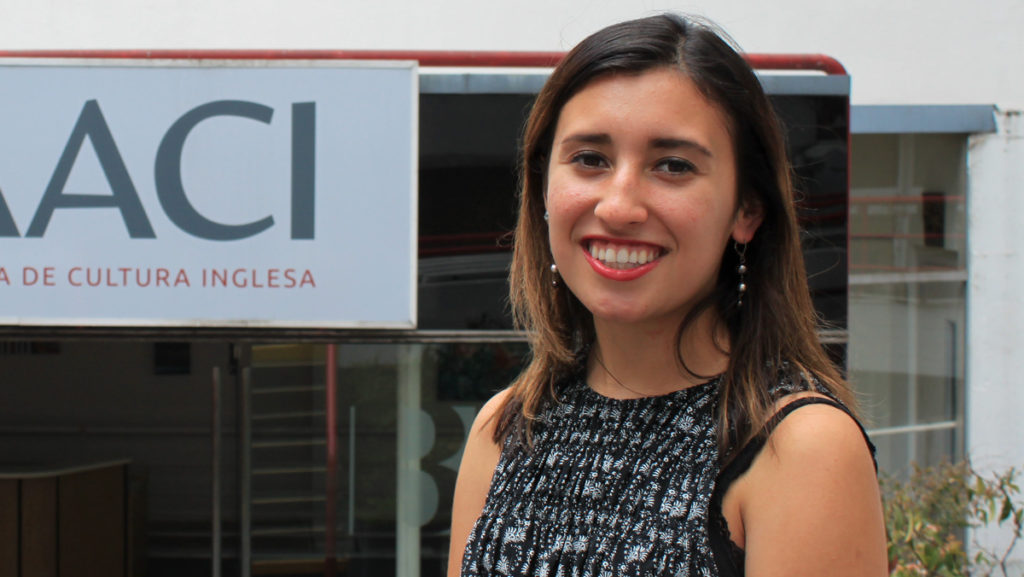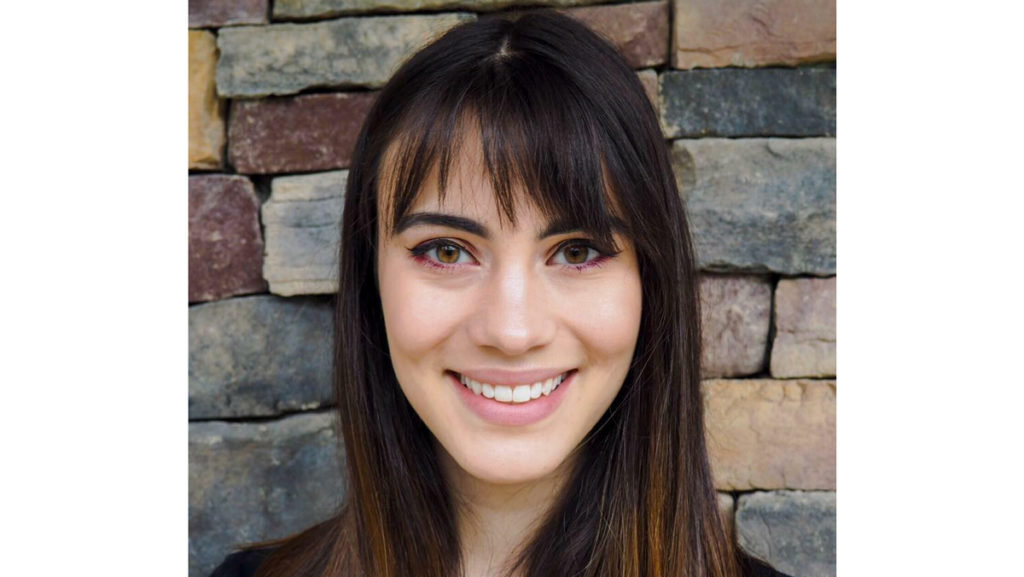You know when you leave the house thinking you look amazing, then you catch a glimpse of yourself in a mirror and think, “Do I really look like that?”
That’s what being an American abroad can feel like sometimes.
When I chose to study abroad in Serbia, Bosnia and Herzegovina, and Kosovo, I knew that I was stepping into postconflict societies, with wounds still open and new ones being made from the aftermath of war in the 1990s — wounds that I, as an American, had a complicated history in.
But my knee-jerk self–awareness started even before I landed in Belgrade, Serbia. My travels were first marked by scrutiny from local citizens while living in Nicaragua for three months in 2013. The legacy of President Ronald Reagan’s Iran-Contra affair still haunted the rural village I lived in. A friend of my host father had been killed in that very community in the ’80s.
When I came to Europe a few weeks ago, it hit me again on a night out in England with a friend. On the way to a pub, her friend asked out of nowhere, “Is it true that in America you can shoot a gun wherever you want?”
I gave a wry half-smile and said, “Essentially.”
After hearing about the Florida shooting, I wish I could go back to that moment, look him in the eyes and say unironically, “Yes. In America you can shoot a gun in a high school, at a country music concert, at a nightclub — anywhere you want.”
In Serbia, this idea of who Americans are takes a different form but still has ties to violence. It looks like the bombed–out remnants of a military building in the city center. An eyesore — or just a true sore — that remains a passive–aggressive reminder of U.S.–backed NATO bombings that killed up to thousands (data is still widely disputed) of innocent civilians in 1999.
It comes in the form of hushed conversations with my host dad, when he takes long drags of a hand-rolled cigarette and answers my probing questions with devastating truths. He worked for Radio Television of Serbia, once used by totalitarian leader Slobodan Milosevic as a propagandistic machine to fuel ethnic hatred against Albanians in Kosovo.
Sixteen colleagues of my host father died when a NATO missile hit their building. Sixteen people that worked in the same building as him: technicians, security guards, makeup artists. All the while, the government officials actually responsible for the atrocities walked free.
NATO justified the bombing as necessary “to disrupt … the command, control and communications network” of the Yugoslav army. NATO also said the Radio Television of Serbia headquarters “was making an important contribution to the propaganda war,” according to a United Nations committee.
And while it is true that there were calls for Western intervention in the humanitarian crisis, the NATO bombing killed mostly innocent civilians, including some of the very Albanians they were trying to protect. The bombings in Serbia did little to influence those actually culpable in the violence, and opportunities for preventive diplomacy in Kosovo had been ignored by the West for years before the last-resort bombings. Action had to be taken, but this did not have to be the cost, and the consequences are still felt throughout Serbia and the world.
At other times, my American-ness shows itself in more subtle ways. It’s a nagging feeling not to speak so loud in public places or a constant reminder not to use the word “cheap” when describing how great the deal I am getting on their depressed economy is. Once, I asked a waiter a question about my Serbian language homework in a cafe, and he responded with, “Why do you American want to learn Serbian?” A tone so laden with incredulity, it’s like I asked him to eat my homework, not help me with it.
The assumption that Americans have much better things to do than be in their transitional country is common. And I can’t help but believe most of that comes from their perception of us as feeling superior to them, or not thinking of their daily lives at all. Lives that we have made more challenging from our legacy of aggression and a perceived tendency to classify all Serbs by the actions of manipulative politicians.Two weeks into my stay here, I am sobered and humbled and a little sad. Sad that my identity as an American traveler has long been marred by a history of violence I have inherited, one that does not seem to be coming to an end. Being a traveler in a postconflict society comes with many challenges, but it also comes with a silver lining — the possibility to represent a different face of America than what they may currently see.





